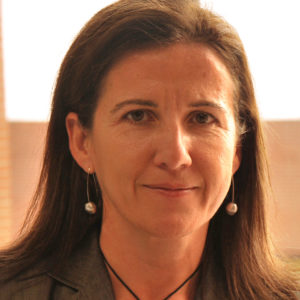Is Religious Autonomy a Threat to Gender Equality?

Montserrat Gas-Aixendri is Full Professor of Law and Religion at Universitat Internacional de Catalunya (Barcelona, Spain)
In a 2013 Report, the UN Special Rapporteur acknowledged that freedom of religion or belief and gender equality sometimes seem to be in an artificial antagonism. In fact, synergies between the freedom of religion or belief and promoting gender equality remain systematically underexplored, discouraged, or delegitimized (para. 32-33, 42). Though the 2020 Report on religious freedom and gender equality rightly condemns violence and discrimination against women, girls, and LGBT+ persons based on the pretence of religious freedom, I must confess that I expected this report to have the courage to take on the challenge of finding synergies between the freedom of religion or belief and promoting gender equality. However, in many ways my expectations are left unmet. In the following paragraphs, I will try to comment on how the report addresses the issue of autonomy of religious institutions in the context of gender equality and why some of its points should be criticized. (more…)


